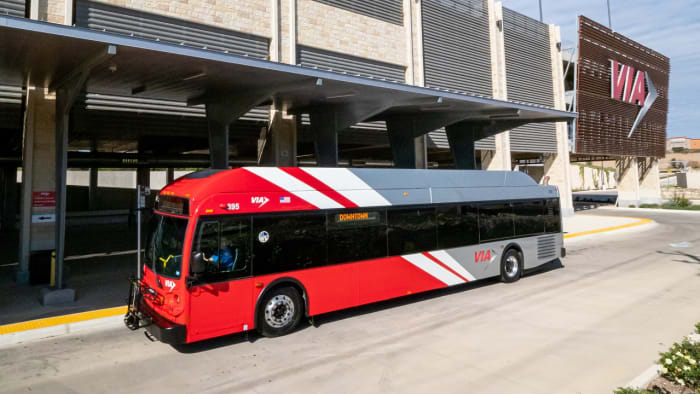Forget the fanfare; the Mexico vs. Paraguay match at the Alamodome isn’t just about “building momentum.” It’s about building bank accounts. A “friendly” international soccer match on U.S. soil is rarely just a game. It’s a meticulously engineered financial play, and you, the passionate fan, are often the primary revenue stream.
The Real Story Behind the Kick-Off
The Alamodome in San Antonio gears up for what’s billed as a “competitive tune-up” for El Tri. But for whom is it competitive? And who exactly is getting tuned up? These so-called “international friendlies” are a proven goldmine, especially when featuring teams with massive diaspora support like Mexico. Ticket prices, often far exceeding their “friendly” status, ensure a substantial gate. Why else bring the team to the U.S. repeatedly if not for the unparalleled commercial opportunities? This isn’t about strategic preparation alone; it’s about maximizing profits from a captive, eager audience.
Then there’s the logistical dance. VIA’s Park & Ride service, heralded as a convenience, is another cog in the revenue-generating machine. While presented as a fan-friendly solution from Crossroads and Brooks Transit Centers, it’s also an additional layer of managed movement, often with its own hidden costs or inefficiencies for the average attendee. Are fans truly getting a seamless, affordable experience, or are they being funneled into controlled transit options that serve the event organizers’ bottom line as much as, if not more than, the public?
“Calling these matches ‘friendlies’ is like calling a shark ‘friendly’ – it’s a setup. The real game isn’t on the pitch; it’s in the ticketing office and the corporate suites. Fans are paying premium prices for what amounts to a glorified training session for one team and a paycheck for the other. San Antonio isn’t just hosting a game; it’s hosting a business transaction.” – A veteran sports finance analyst, who preferred anonymity, bluntly stated.
Why Your Wallet Matters More Than the Score
This relentless cycle of U.S.-based “friendlies” has a clear impact: it prioritizes commercial viability over genuine sporting development, ethical fan engagement, or even accessibility for the average fan back in Mexico. For the organizers and federations involved, the financial equation is irresistibly simple: leverage high demand from a fervent fanbase willing to pay top dollar, combine it with robust event infrastructure in U.S. cities like San Antonio, and you get guaranteed, substantial profit. The “how to get tickets” and “how to watch” narratives, while seemingly helpful and pragmatic, merely serve to facilitate this lucrative transaction. They rarely, if ever, delve into or question the underlying economics or the potential for exploiting the deep-seated loyalty of supporters. This isn’t just about a single match; it’s a glaring symptom of a broader, accelerating commercialization that slowly but surely erodes the purity and spirit of the sport, systematically turning national pride into a mere commodity, ripe for sale.
Every dollar spent on an overpriced ticket, every fare paid for a ‘convenient’ bus service, feeds this corporate beast. Paraguay, in this scenario, is less an opponent and more a paid sparring partner, there to fill the other side of the marquee. The illusion of a ‘competitive tune-up’ masks the reality: it’s a financial exhibition designed to extract maximum value from an incredibly loyal fanbase.
The Bottom Line: A Price Tag on Passion
The trend of these lucrative “friendlies” continues unabated because fans continue to show up, fueled by passion and national pride. But this unwavering loyalty is being systematically monetized, turning a beloved sport into a reliable ATM for federations and promoters. If this exploitation of fan devotion persists, we risk turning genuine sporting events into nothing more than high-priced spectacles where the integrity of the game takes a backseat to the relentless pursuit of profit. The fans, the very heart of the sport, will ultimately bear the full cost, both financially and emotionally.


